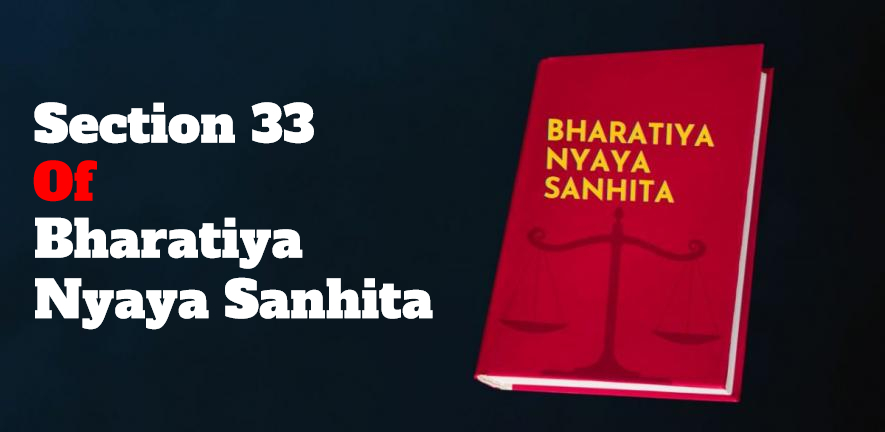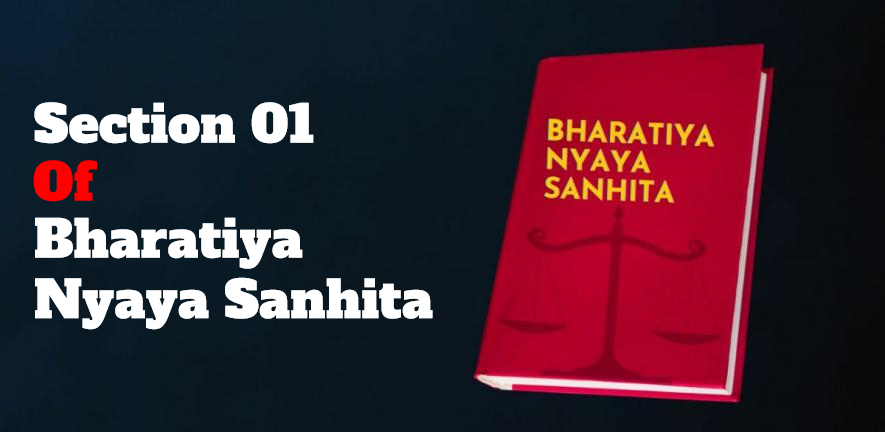Section 228 of the Bharatiya Nyaya Sanhita (BNS), enacted in 2023, addresses the crime of fabricating false evidence. This section is significant as it replaces similar provisions found in the Indian Penal Code (IPC) and aims to enhance the integrity of judicial processes by penalizing deceitful actions that could mislead courts or public servants.
Definition
According to Section 228, a person is said to “fabricate false evidence” if they:
- Cause any circumstance to exist,
- Make any false entry in any book or record, or
- Create a document or electronic record containing a false statement.
The intent behind these actions must be for such evidence to appear in judicial proceedings or before a public servant, thereby misleading those who are to form an opinion on the evidence presented. This misrepresentation must affect a material point relevant to the outcome of the proceeding.
Key Elements
- Intent: The core element of this offense is the intent to deceive. The individual must aim to create a false impression that could mislead judicial authorities or public servants regarding a crucial matter in a case.
- Forms of Evidence: The section covers various forms of evidence, including:
- False entries in physical or electronic records.
- Fabricated documents intended for use in legal contexts.
- Examples:
- A person placing jewels in someone else’s box with the intent that they be discovered there, leading to wrongful accusations of theft against that individual.
- Creating a fake sale deed to support a fraudulent claim in a property dispute.
- Writing a letter in another’s handwriting to implicate them in a conspiracy.
Legal Consequences
Fabricating false evidence under this section is treated as a serious offense, reflecting the law’s commitment to uphold justice and prevent corruption within legal processes. The penalties for such actions are designed to deter individuals from engaging in deceptive practices that undermine the judicial system23.
Comparison with IPC
Section 228 has an equivalent in the Indian Penal Code, specifically Section 192, which also deals with fabricating false evidence. The transition from IPC to BNS represents an effort to modernize and clarify legal definitions and consequences related to this type of misconduct13.In summary, Section 228 of the Bharatiya Nyaya Sanhita serves as a crucial legal tool aimed at preserving the integrity of judicial proceedings by criminalizing the act of fabricating false evidence, thereby ensuring that justice is served based on truthful representations.

Adv Ashish Sharma has dedicated his career to helping individuals and businesses navigate the intricate legal landscape with confidence. From providing expert advice on current legal issues to offering clear explanations of legal principles, he strives to empower his audience with knowledge and understanding.

